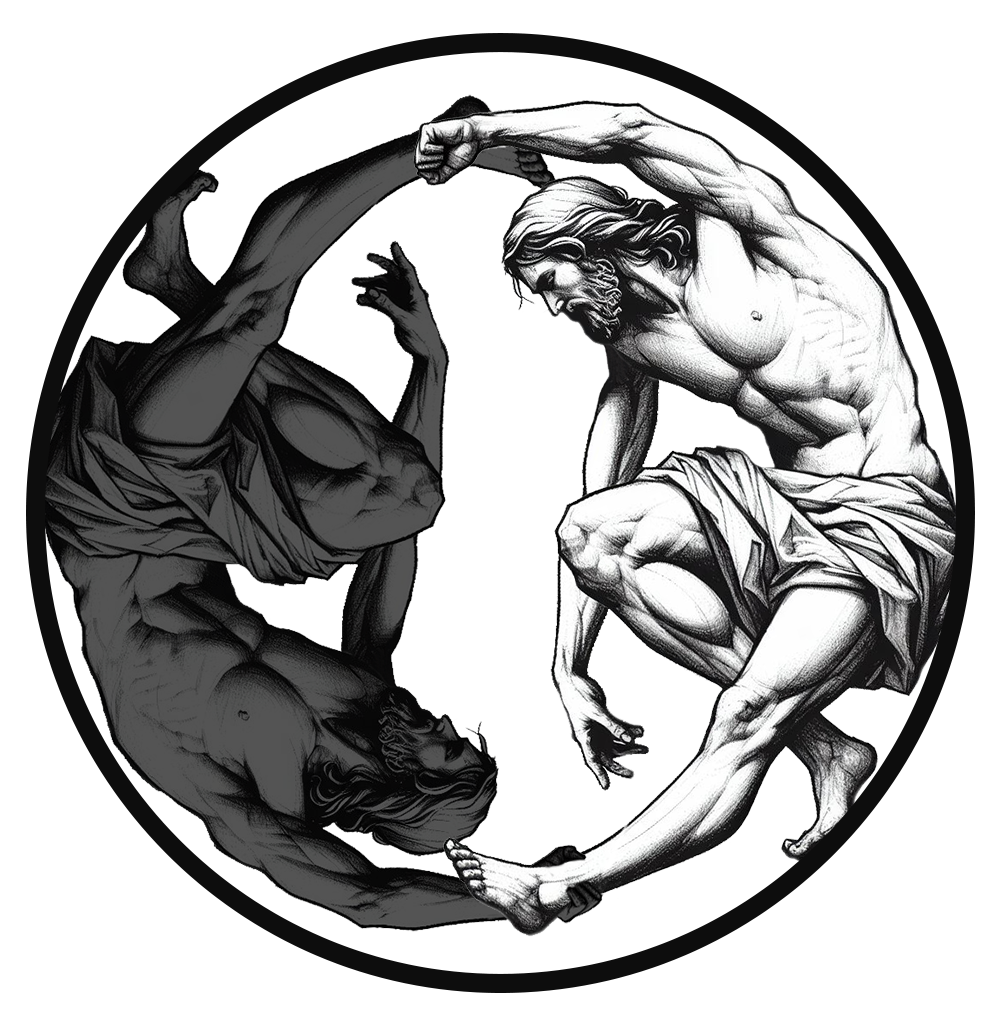 John 1:15
John 1:15

|
Strongs 2491
[list] Λογεῖον Perseus Iōannēs Ἰωάννης Favored N-NMS |
|
Strongs 3140
[list] Λογεῖον Perseus martyrei μαρτυρεῖ bears witness V-PIA-3S |
|
Strongs 4012
[list] Λογεῖον Perseus peri περὶ around Prep |
|
Strongs 846
[list] Λογεῖον Perseus autou αὐτοῦ himself PPro-GM3S |
|
Strongs 2532
[list] Λογεῖον Perseus kai καὶ and Conj |
|
Strongs 2896
[list] Λογεῖον Perseus kekragen κέκραγεν he cawed out V-RIA-3S |
|
Strongs 3004
[list] Λογεῖον Perseus legōn λέγων he who is saying V-PPA-NMS |
|
Strongs 3778
[list] Λογεῖον Perseus Houtos Οὗτος This DPro-NMS |
|
Strongs 1510
[list] Λογεῖον Perseus ēn ἦν was V-IIA-3S |
|
Strongs 3739
[list] Λογεῖον Perseus hon ὃν which/whichever RelPro-AMS |
|
Strongs 2036
[list] Λογεῖον Perseus eipon εἶπον said V-AIA-1S |
|
Strongs 3588
[list] Λογεῖον Perseus Ho Ὁ the Art-NMS |
|
Strongs 3694
[list] Λογεῖον Perseus opisō ὀπίσω back Prep |
|
Strongs 1473
[list] Λογεῖον Perseus mou μου of myself PPro-G1S |
|
Strongs 2064
[list] Λογεῖον Perseus erchomenos ἐρχόμενος he who comes V-PPM/P-NMS |
|
Strongs 1715
[list] Λογεῖον Perseus emprosthen ἔμπροσθέν in front of/before Prep |
|
Strongs 1473
[list] Λογεῖον Perseus mou μου of myself PPro-G1S |
|
Strongs 1096
[list] Λογεῖον Perseus gegonen γέγονεν has become V-RIA-3S |
|
Strongs 3754
[list] Λογεῖον Perseus hoti ὅτι because/that Conj |
|
Strongs 4413
[list] Λογεῖον Perseus prōtos πρῶτός first Adj-NMS |
|
Strongs 1473
[list] Λογεῖον Perseus mou μου of myself PPro-G1S |
|
Strongs 1510
[list] Λογεῖον Perseus ēn ἦν was V-IIA-3S |
The First One Genesis 8:7
Favored is testifying around to himself and he has cawed [as a raven],24 he who is saying, "He was this one whom I spoke, The one who is coming backwards to myself, has become in front of myself, because he was first of myself."24b
John testifies for him, and he tried, saying, This was he of whom I said, He coming after me was before me: for he was before me.
witnesses concerning Him, and has cried out, saying, This One was He of whom I said, He coming after me has been before me, for He was preceding me.
(John bore witness about him, and cried out, “This was he of whom I said, ‘He who comes after me ranks before me, because he was before me.’”)
Footnotes
| 24 | Strong’s #G2896, krazó. To croak. A word used of both the raven and a frog. “post-Homer, croak, of the raven, , Thphr.l.c.; of frogs, “” Ar.Ra. l. c., cf. : generally, scream, shriek, cry.” Cf. . |
| 24b | The Ego Self The Greek word ἐγώ (ego) appears about 2600 times in the NT. In ancient Greek philosophy and language, the term "ἐγώ" (ego), representing the first-person singular pronoun "I" or "me," is was a fundamental element of ancient Greek philosophy for discussions aroun self-awareness, personal identity, communication and expression, agency, and autonomy. The Scriptures point to the colony of bees as a the example for building a honeycomb, producing honey, and "guarding" a queen. Under a queen bee, a bee colony exhibits characteristics of a "swarm intelligence" which resembles a collective conscience or "self" awareness. If there be from the many, one ἐγώ, what would this mean for autonomy and agency? The Writings are pointing squarely to this ἐγώ and the belief into it. |